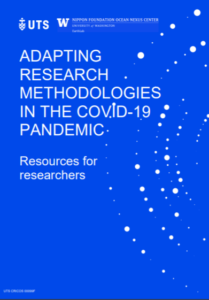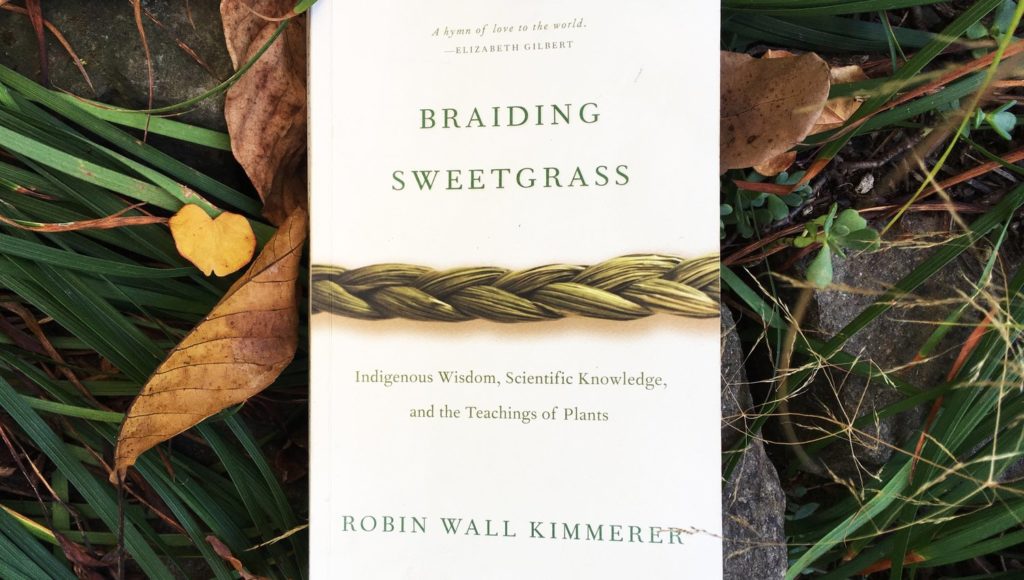Ocean Nexus Releases Report: Adapting Research Methodologies in the COVID-19 Pandemic

Ocean Nexus Center investigators have collaborated in the creation of a new resource for doctoral and postdoctoral researchers whose work is being affected by the COVID-19 virus, entitled, Adapting Research Methodologies in the COVID-19 Pandemic.
The new report was led by investigators from the University of Technology Sydney, Dr. Kate Barclay and PhD Candidate Sonia Garcia Garcia, who are part of a group working on the social science of fisheries.
“For people working in the social sciences fieldwork, interviewing people, and observing or participating in research events or policy meetings, are a vital part of our data collection. For PhD students and postdoctoral fellows the pressure is potentially greater, with less experience to draw on in pivoting research methods, and with finding contracts and scholarships being time constrained,” said Professor Barclay. “For that reason we compiled this collection of journal articles and other information on research methods, with a particular focus on qualitative social science research, and an empirical focus on ocean-related research.”
While the primary aim of the report is to support Ocean Nexus ocean equity researchers, the resources contained in the report are intended for all investigators who are involved in social science qualitative or mixed methods research.
The report includes two sections: an overview of qualitative, semi-qualitative and quantitative methodologies and methods that may provide practical and achievable alternatives for research design and data collection, and a list of online resources on how this adaptation may be taking place in the near future.
“Much of the way we can perform research has changed due to the COVID-19 virus. We do not know how long these necessary mobility restrictions will be in place but we do know that ocean equity issues cannot wait. We must adapt to the new environment and reimagine how we conduct social science research and data collection,” said Yoshitaka Ota, director of Ocean Nexus. “Doctoral and postdoctoral students are receiving a lot of wonderful support from their departments and supervisors right now and we hope that this resource can help them further.”
UW EarthLab recently launched The Nippon Foundation Ocean Nexus Center to develop research over the next 10 years that bridges the gap between decision makers, policy makers and the communities most affected and dependent on the oceans. A main pillar of Ocean Nexus programming includes training early-career scientists who are interested in a human-centered approach to oceans research.
Researchers from over 20 universities and institutions from around the world, in the U.S., Canada, Europe, Australia and more, have already signed on with Ocean Nexus to co-create research that directly benefits those impacted by misrepresentation and unjust ocean management and development.
Note: A 2nd edition of the report was published in December 2020.







